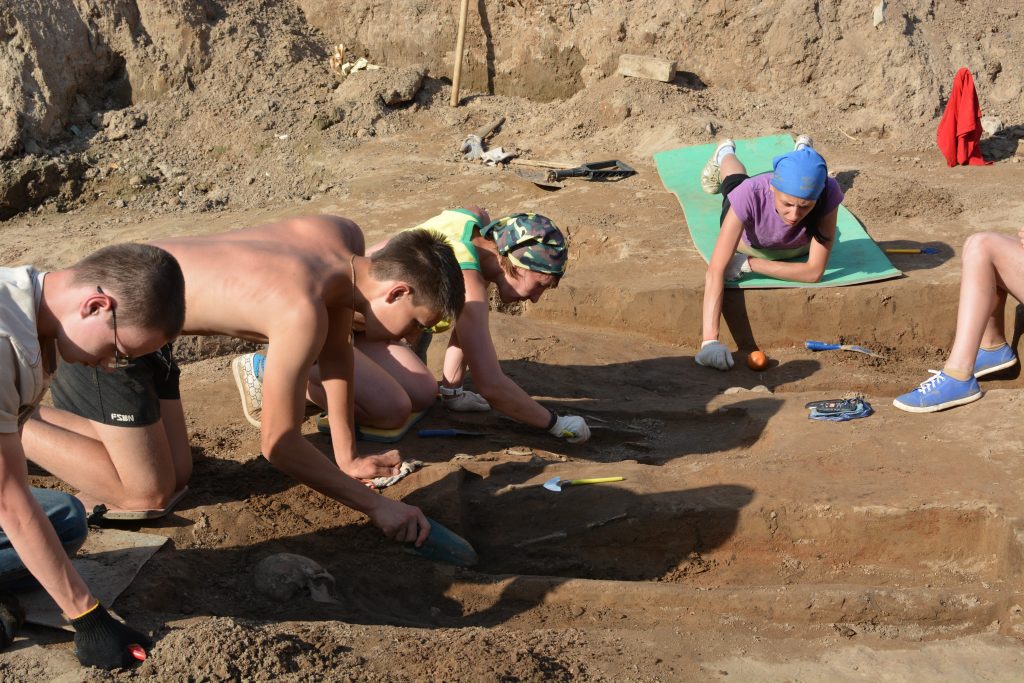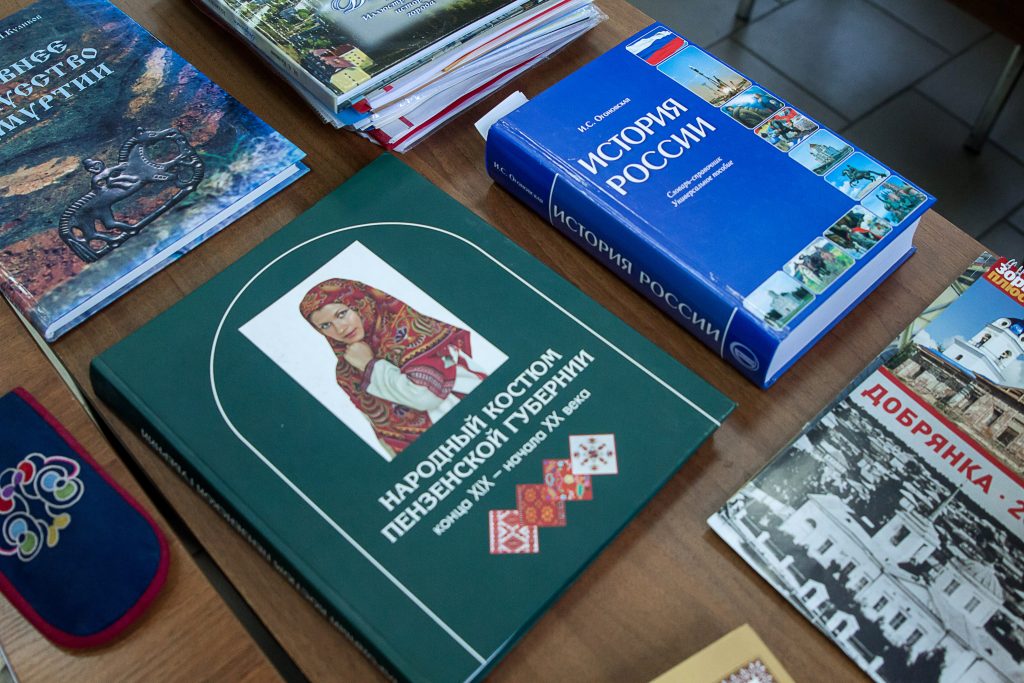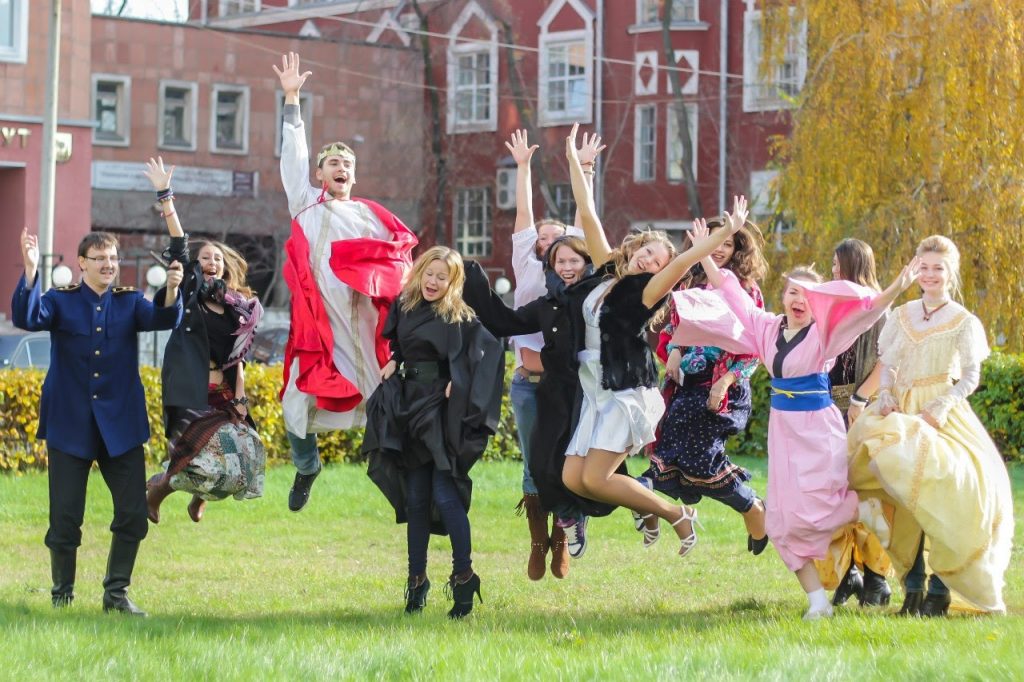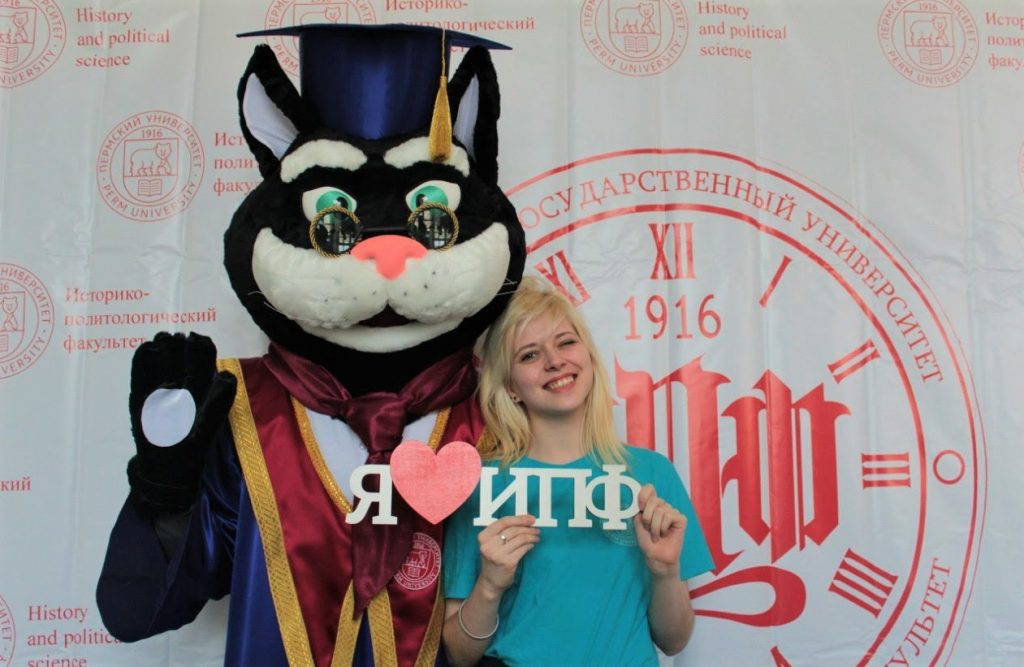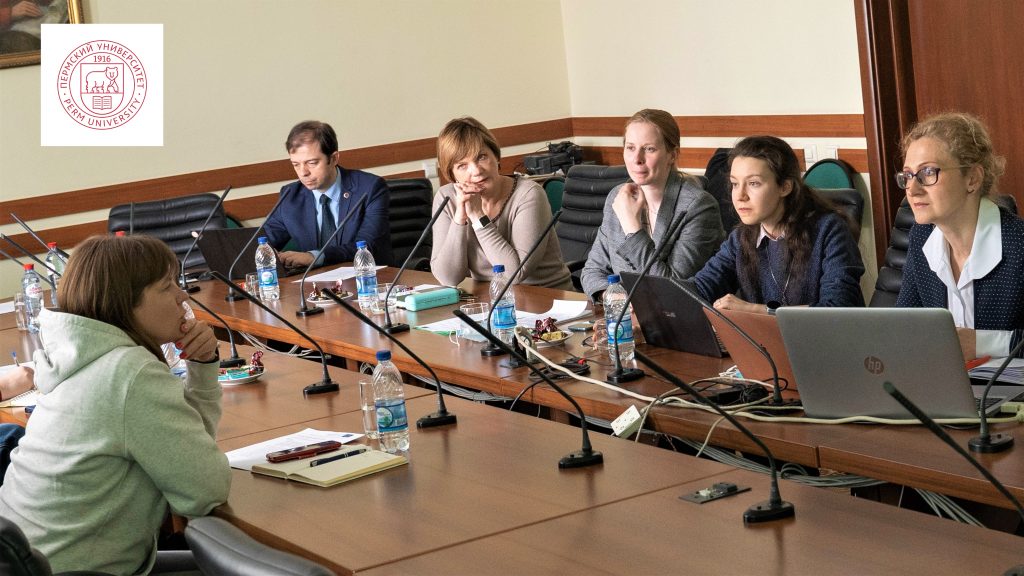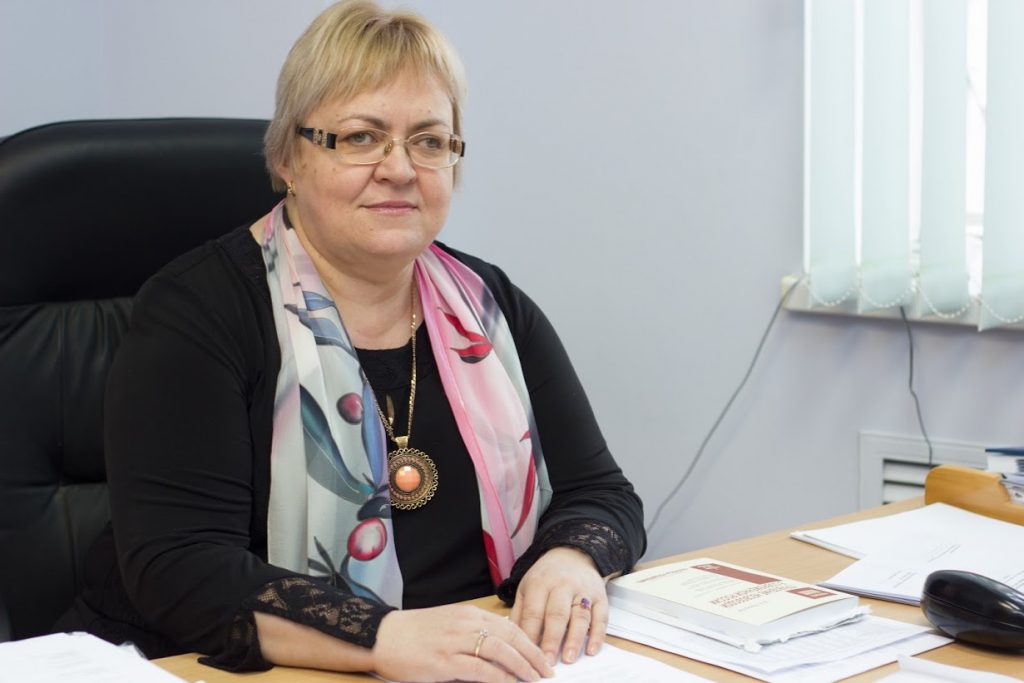Faculty of History and Political Sciences
Ever been interested in history, yet missed a practical application? Looking for a career in international diplomacy or governmental administration? Dreamt of digging out the secrets of Ancient cultures? Time to draw lights to the Faculty of History and Political Science!
Which professions may a graduate of History and Politics obtain at Perm State University?
• Civil servant – engaged in development and implementation of state or municipal projects and programs, performance of management decisions within the established regulations and functions, analysis of socio-economic and political processes, activities of authorities;
• Deputy assistant – assisting deputies (members of assembly, MP, etc.): providing policy-making, analytical, regulatory, organizational, information, communication and project management activity;
• Manager in regulation processes – advising private and public companies, improving management policies, breeding concepts, suggesting directions to grow, performing analytical and organizational activities;
• Political scientist – carrying research within politics as a sphere of social and governmental relations, interpreting and analyzing political life;
• Political analyst – identifying problems requiring management decisions, running projects and performing expertise within politics, evaluating efficiency of decisions taken;
• Political advisor – advising public authorities, local governments, participants of political process on legal regulations, government programs, strategies, forecasts, related documentation, participating in and running political campaigns;
• Archaeologist – studying life and culture of ancient people through special methods and artifacts;
• Teacher of history, political sciences and geography (speaks for itself; with an ability to work in foreign educational institutions and teach international students);
• Curator of museum projects (at school) – running exhibitions, raising funds, running media campaigns, giving interviews, providing lectures and seminars for students and teachers;
• Archivist – processing stored documentation, creating references networks, registering documents, searching and identifying data on particular historical events;
• Historian (researcher) – studying society and its evolution, collecting data and interpreting historical sources;
• Museum worker – ensuring the correct storage and display of historical artifacts;
• Teacher of history (and related subjects) – running educational process and academic activities, teaching courses and disciplines in history;
• Expert researcher in international relations – getting engaged in monitoring, interpretation and commenting on world political processes, both for the development of management decisions and for research purposes;
• International relations specialist – providing support for international activities of political and socio-economic institutions, finding solutions for short- and longtime strategic tasks;
• Specialist in international PR – getting engaged in public activities in international relations, building and maintaining formal, informal and casual communications with representatives of other countries and cultures;
• Museum teacher – educating and training of children and adults by involving them into a variety of museum activities. Museum teacher also conducts diverse classes in the history of art, runs tours, quests and workshops on temporary exhibitions and museum events.
Learn more about the Faculty of History and Political Sciences!
The first lecture for students in history was held right at the start of Perm State University – on 17 October, 1916. The Faculty of History was the first in the Soviet Union to include both world and Russian history into its curriculum.
Throughout years of research, several hundred archaeological sites of various cultures were found in Ural region, covering all stages of the development of the material culture of the ancient population from the Paleolithic to modern times.
Many research projects by the Faculty are based on rich local history, as Perm had always been on a trade route with Syberia, incorporating indigenous Komi-Permian, Muslim Tatar and Udmurt, and Russian traditions – a source for studies by historians and ethnographers.
Since 1996, the Faculty of History started teaching Political Science, hence its new name. In 2005, the training in State and Municipal Administration was launched, followed by International Relations in 2011.
In 2012, the Center for Comparative Historical and Political Studies was successfully created in partnership with the European University (St. Petersburg, Russia), hosting for international and national academic collaborations, providing academic mobility for students and teaching staff.
Among the first history schools globally, the Faculty opened a scientific and educational center for digital humanities, which uses IT tools to create virtual museums and preservation of historical and cultural heritage, promoting cross-disciplinary approach to studies.
Apply to Perm State University today!

